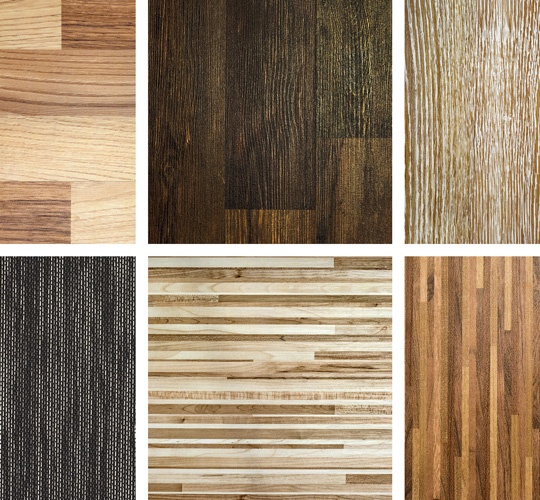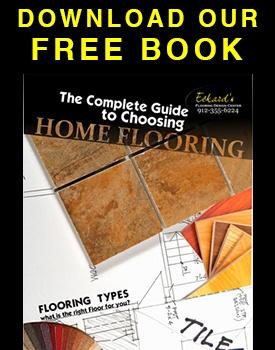The short Answer: Luxury Vinyl planks are truly waterproof, meaning water can’t damage them, but also can’t escape from underneath. If you have your planks installed over something that produces vapor, you might have to be careful during the installation.
Waterproof Flooring. Really? Yes.
These products aren’t water-resistant, they are truly waterproof. There’s no amount of water that can ever damage these products. Wet shoes at the back door, a pet’s sloshy water dish, unknown spills that linger… nothing will penetrate these non-porous products. Nothing.
But the true waterproof nature of these products can be a bit of a double edged sword if we’re not careful. Concrete slabs are perfect surfaces for these floors to be installed over, but concrete slabs have a tiny amount of moisture vapor emitting from them at all times. It is imperative to know exactly how much is being emitted before installing a waterproof flooring system over the top, especially if you’re replacing old carpeting. Carpet is quite porous. Moisture vapor from your slab moves right through the carpet & will never be an issue. When the carpet is removed & a completely waterproof cap is installed over the top of that vapor producing slab, that vapor can become trapped under the flooring. With nowhere to go, small amounts of vapor can quickly become droplets of water, which in turn become a breeding ground for mold & mildew. Again, it is vital to test your slab using an industry approved testing method. Calcium chloride tests and relative humidity tests are the way to go, your installer should be well-versed in these tests prior to beginning the installation. A hand meter is not industry approved, so if you see your installer using one, consider discussing it with them.
Sometimes people consider a waterproof floor system as a fail safe against flooding situations. It isn’t recommended to expect these floors to always be salvageable in worst case scenarios. There are too many factors. Firstly, floods involving unclean water will always ruin a floor, no question. Clean water floods, like a washing machine leak, won’t necessarily ruin a floor like, but it can still be difficult for an installer to remove the floor & replace it perfectly. After all, the locking mechanisms only get looser when taken apart & put back together, making instances of plank separation much greater after they have been undone & redone. Of course, if it means not having to purchase another floor entirely, it might be completely worth it. Just make sure you have a well-qualified installer to facilitate the redo, one which can also answer your questions..
All in all, waterproof floors are actually well-worth the money spent. They are generally well-accepted by new home buyers as a quality floor, unlike laminates which have earned a bit of a bad reputation (and rightfully so). LPVs are quite practical, and priced much better than their real wood counterparts, while offering a resistance to denting that wood can never equal. Installed correctly, these products should last for years to come with very little maintenance.
The Bottom Line: When considering purchasing LVP for flooring, keep in mind what is underneath your current flooring. The substances underneath may create vapor that you don’t want to trap.



